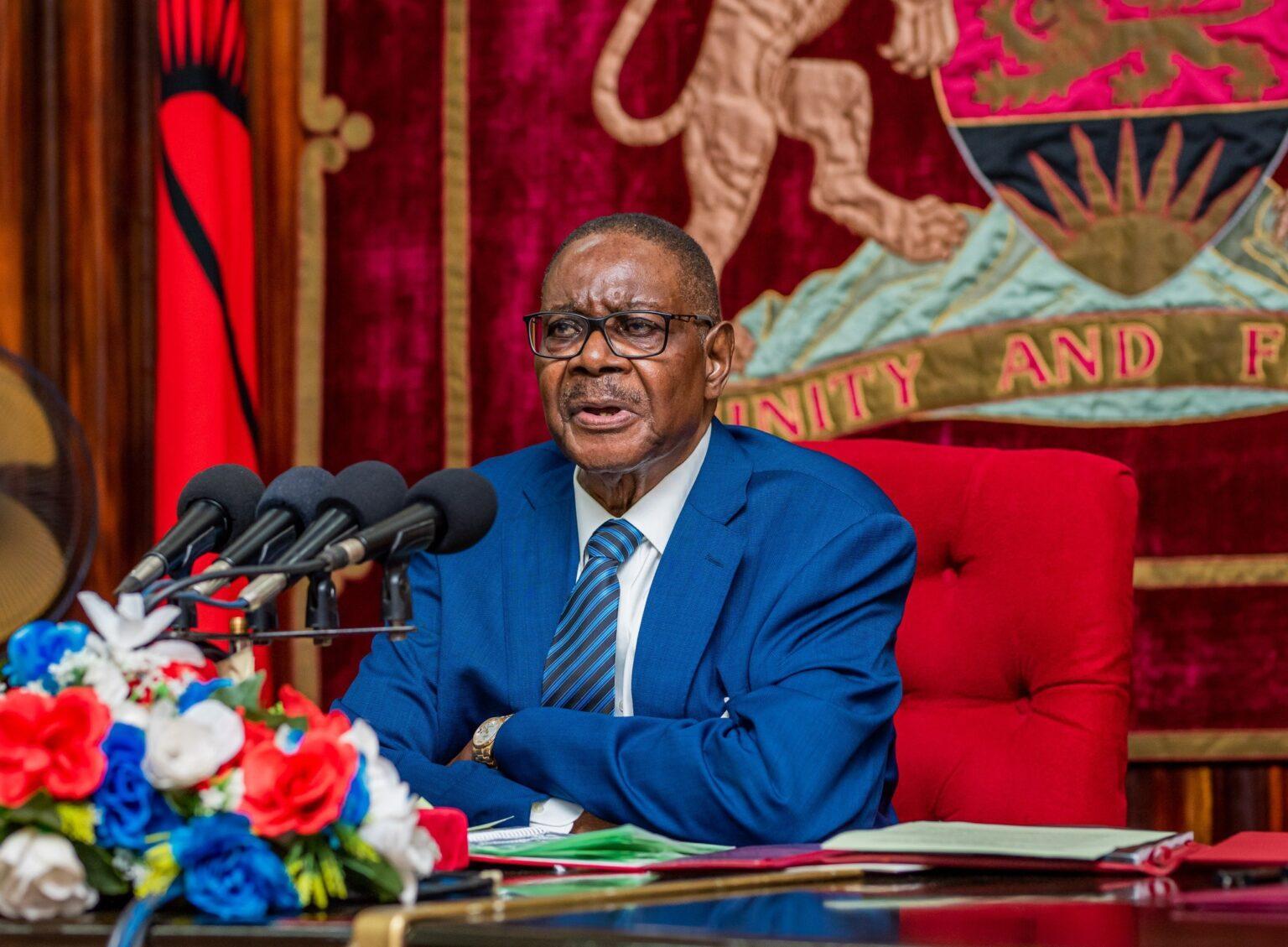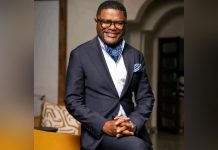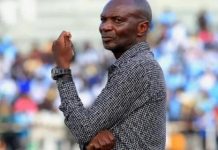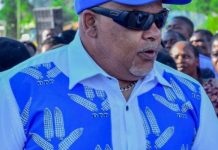By nyasatimes
Africa-Press – Malawi. Barely a week into office, President Peter Mutharika has already set a disturbing tone — one that reeks of authoritarian nostalgia and contempt for Malawi’s hard-won democratic freedoms. His threats to “bite” civil society leaders allegedly planning protests are not only reckless but dangerously reminiscent of the same arrogance that cost him power in 2020.
In Mangochi, the President boasted that he “knows” who is funding civil society organisations and accused them of plotting to destabilise his government. He warned that if anyone “tries to disturb his rule,” he would personally “come against him.” The tone was chilling. The message was unmistakable: dissent will not be tolerated.
This is not leadership. It is intimidation. It is a calculated attempt to muzzle civil society and to silence those who dare to demand accountability.
An Old Authoritarian Reflex
Malawians have seen this movie before. Each time Peter Mutharika faces scrutiny, his reflex is to blame imaginary enemies — the opposition, civil society, the media, or foreign funders. It is a tired, recycled script of victimhood and paranoia that reduces leadership to perpetual grievance.
What is particularly troubling is that Mutharika seems to have learned nothing from the political earthquake that ended his previous presidency. The 2019–2020 protests, which he now invokes as a threat, were not the work of shadowy plotters. They were an expression of public outrage against electoral malpractice and government arrogance. Those protests — led courageously by the Human Rights Defenders Coalition (HRDC) — were the very essence of democracy in action.
By threatening to “bite” civil society leaders, Mutharika is, in effect, threatening democracy itself.
A Direct Assault on the Constitution
The President’s words are not merely undiplomatic — they are unconstitutional. Section 38 of the Malawi Constitution is unequivocal: “Every person shall have the right to assemble and to demonstrate with others peacefully and unarmed.”
A President who publicly vows to “bite” those exercising that right is, at best, ignorant of the Constitution he swore to uphold, and at worst, deliberately undermining it. As Benedicto Kondowe rightly warned, such rhetoric has “chilling effects” on civic space and violates both domestic and international obligations.
If the President believes that people meeting “at night” is evidence of conspiracy, then perhaps he should also investigate churches, unions, and student associations — all of which meet after dark. This kind of paranoia is unbecoming of a democratic leader.
What Malawians Expect
Malawians did not return Mutharika to power to watch him replay his greatest hits of insecurity and vengeance. They voted — however narrowly — for solutions to poverty, corruption, unemployment, and the soaring cost of living.
Civil society is not the enemy. It is a mirror reflecting the nation’s pain and conscience. Instead of barking threats, the President should be building bridges with organisations like HRDC, Youth and Society, and the National Advocacy Platform — groups that have long stood for accountability and justice when governments falter.
From Fear to Leadership
A confident leader engages; a fearful one threatens. Mutharika’s words betray deep fear — fear of dissent, fear of scrutiny, fear of the same people power that once removed him. But no amount of intimidation can suppress the democratic spirit of Malawians.
History has already shown that when leaders attempt to crush civil liberties, the people respond not with submission but with resolve. If Mutharika’s threats are a signal of how his second act will unfold, then his administration risks becoming yet another chapter in Malawi’s long struggle between authority and freedom.
Malawians should not wait for the bite — they should demand the Constitution be respected, the civic space protected, and the President reminded: power in a democracy is borrowed, not inherited.
Source: Malawi Nyasa Times
For More News And Analysis About Malawi Follow Africa-Press






